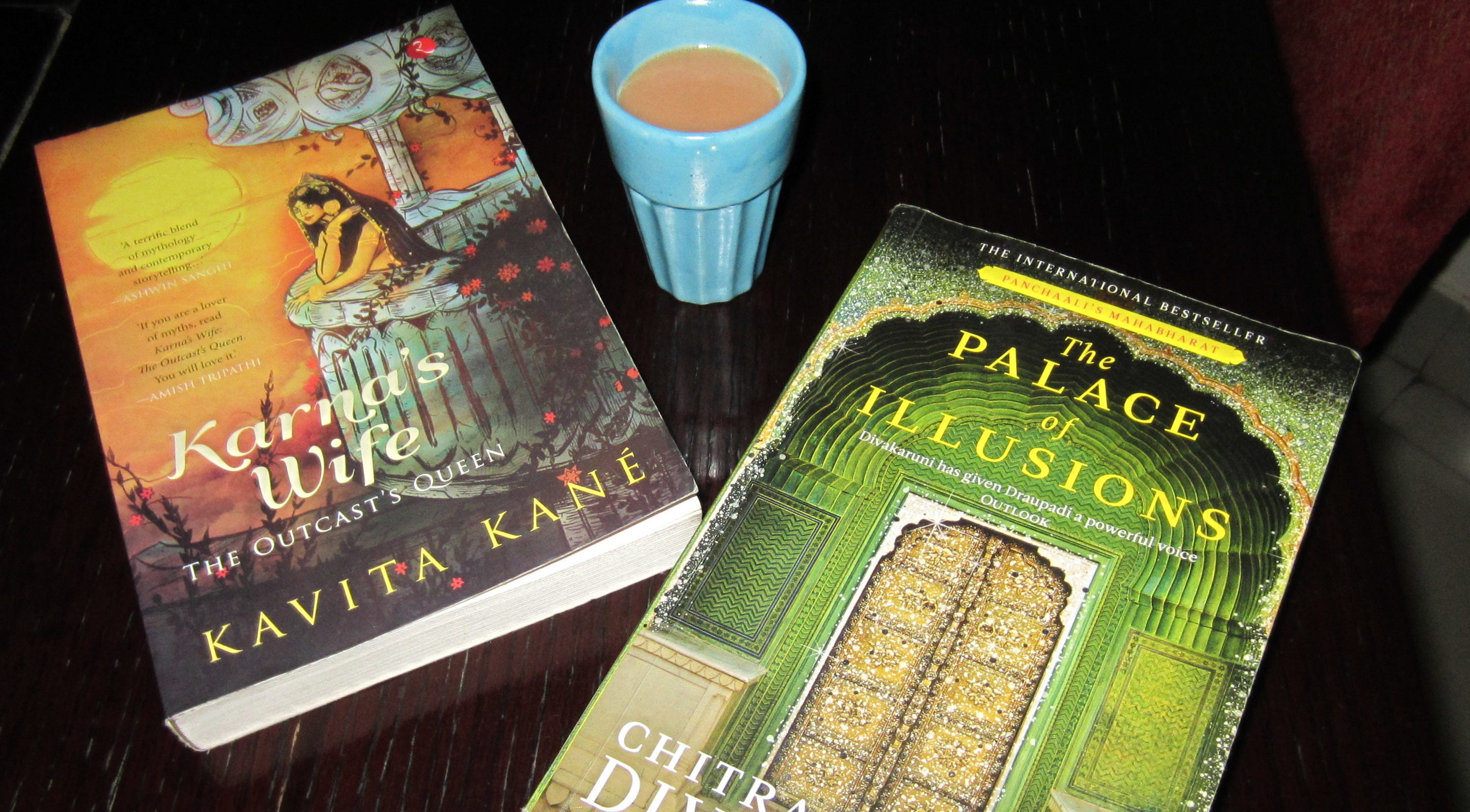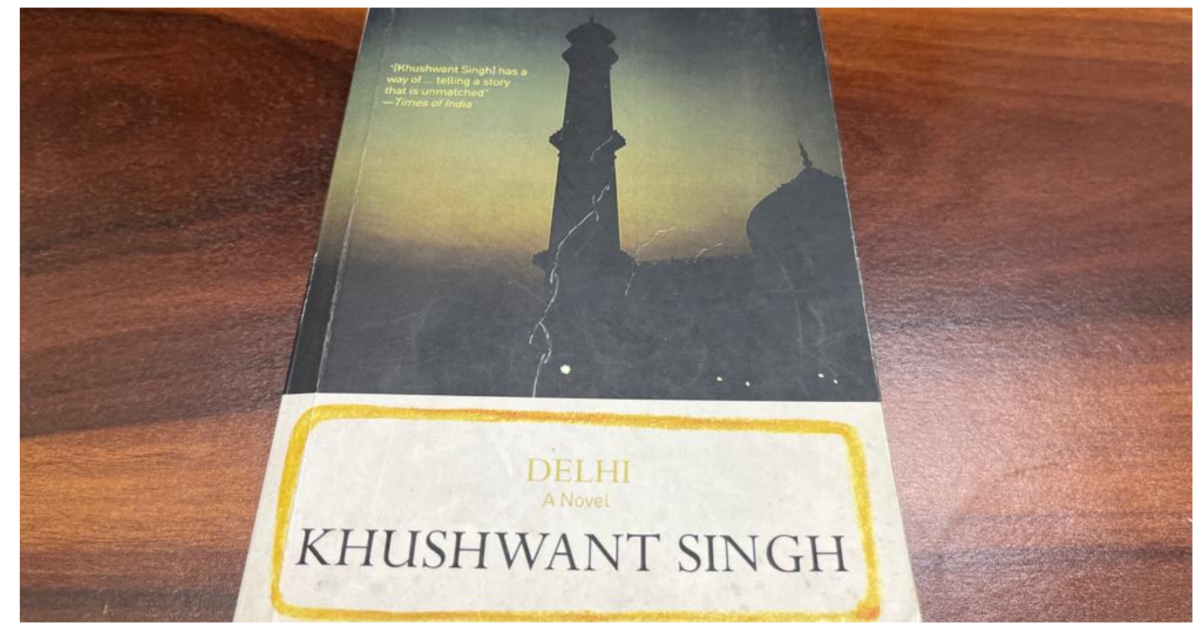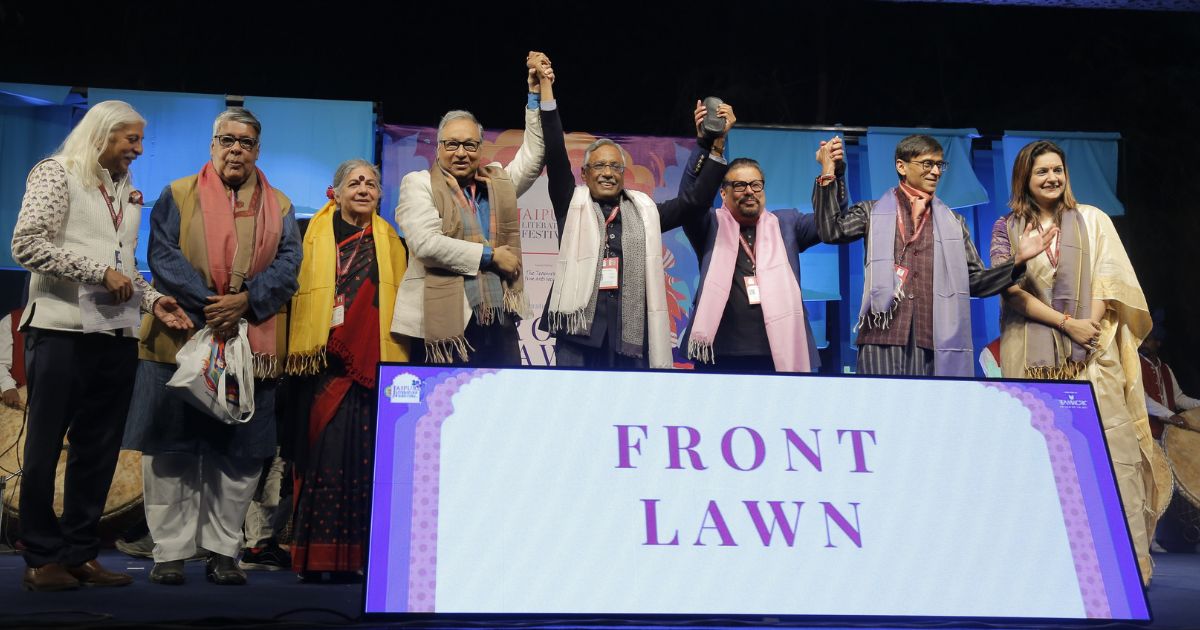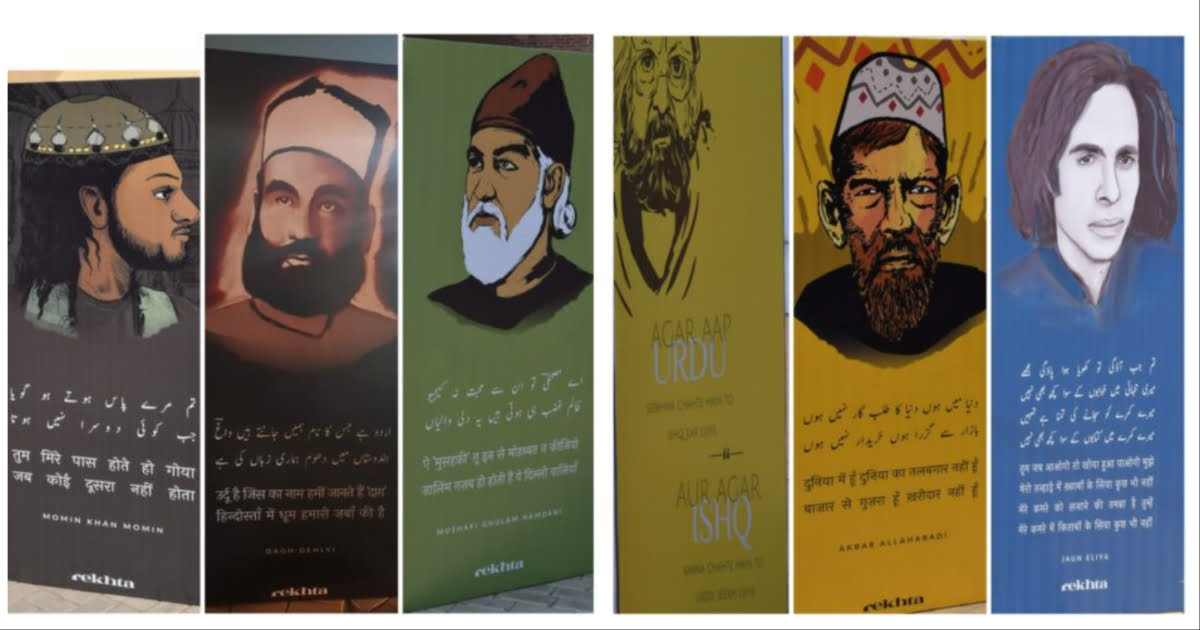The story of the Mahabharata is something that all of us have heard at some point in our lives. The Palace of Illusions by Chitra Banerjee Divakaruni and Karna’s Wife: The Outcast’s Queen by Kavita Kane retell the epic story. While Divakaruni has made Draupadi or Panchali as her protagonist, Kane has used Uruvi, Karna’s second wife.
Upon comparing the two novels, a range of similarities as well as differences emerge. The most obvious similarity is, of course, a female protagonist. An in-depth representation of a female character of the Mahabharata is unusual. And this is precisely what both these novels attempt to do. In doing this, the writers also try to give a voice to the other women in the epic who played crucial roles in its unfolding.
Divakaruni makes the use of a first-person narrative to present the perspective of Panchali, the wife of the five Pandavas. Born of fire and a hunger for revenge, Panchali carries this trait with her and it is eventually she who acts as the catalyst for the Great War between the Pandavas and the Kauravas.
Panchali finds herself being married off to Arjun, the third Pandava, taking the first step towards her predestined fate. Although she had a swayamvar, she could not select the man she was in love with, the outcast, Karna. Her circumstances after her marriage were what made her into the woman who was eventually held responsible for the end of the Third Age of Man.
The author introduces a love angle between Panchali and Karna, indicating their mutual love for each other. It is a sort of love-hate relationship, something that has not been explored in great detail in the original epic but presented beautifully in the novel.
Divakaruni does not try to create a so-called ideal woman in Draupadi’s character. She presents her protagonist as a human being, subject to human conditions and human vices. Panchali is an almost indifferent mother. She is a devoted wife to all five Pandavas but she loves only Arjun. She uses Bhima’s love as a weapon for her own selfish ends. But she does not have any pretences of being righteous.
Using Uruvi, the Pukeya Princess, as her protagonist, Kavita Kane tries to present yet another perspective of the epic tale. Uruvi was meant to marry Arjun. Unlike Panchali, she exercised her right to select her own groom and chose to marry Karna, the outcast son of the charioteer. Her childhood circumstances were different from Panchali’s. Uruvi did not have to strive too hard to be educated and to follow her passion, which was healing. She was a fiery woman who, in time, came to be a source of strength for her husband Karna, the greatest warrior of his time.
While Panchali was constantly instigating her husbands to fight a war with the Kauravas, Uruvi was against the very idea of it. In many instances in the text, she emerged as the voice of reason and logic, trying her utmost to put a stop to the impending war, especially her husband’s part in it. Even after Karna died, she didn’t break down like his first wife, Vrushali. Instead, she focused on her passion for healing and the education of her son.
The portrayal of Kunti in both novels is quite different. While Panchali saw her mother-in-law as a selfish, cold-hearted, manipulative woman, Kunti was like a mother to Uruvi and later, to her son, Vrishkethu. Kane shows the tender side of Kunti’s personality while Divakaruni sticks to portraying her as the practical woman, who always had to face struggle in her life.
In terms of the language of the text, The Palace of Illusions flows much more smoothly than Karna’s Wife. Both novels do relate the basic story of the epic, but in very different ways. Kane’s approach is anecdotal; the story emerges through long drawn-out dialogues between characters. Divakaruni follows a somewhat chronological approach for telling the story and is more successful in her narration.
For a lay reader who is interested in knowing the story of the Mahabharata while simultaneously reading a finely written novel, The Palace of Illusions is highly recommended. Where writing skills are concerned, Kane falls short, as her novel does not succeed in gripping the reader.




